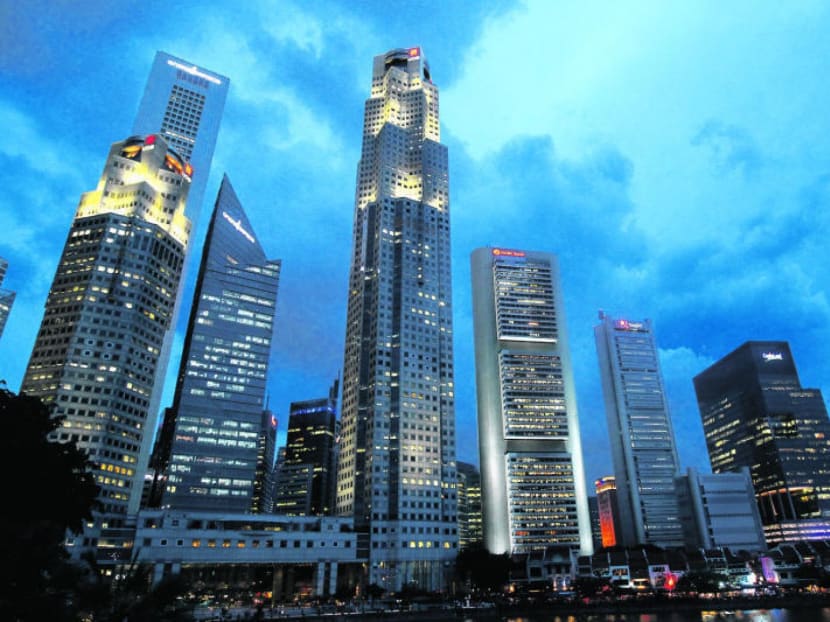Singapore ranked world’s most expensive city for 3rd year running
SINGAPORE — The Republic has emerged as the world’s most expensive city to live in for the third consecutive year, narrowly edging past its rivals even though consumer prices have been slipping, a report by the Economist Intelligence Unit (EIU) showed.
SINGAPORE — The Republic has emerged as the world’s most expensive city to live in for the third consecutive year, narrowly edging past its rivals even though consumer prices have been slipping, a report by the Economist Intelligence Unit (EIU) showed.
The Worldwide Cost of Living survey released on Thursday (March 10) found that Singapore remains the most expensive place in the world to buy and run a car, due to the Certificate of Entitlement (COE) system. It is also “consistently expensive” in other categories.
For example, the average price for a bottle of 750ml table wine is US$22.39 (S$30.90) in Singapore, higher than US$16.47 in Hong Kong and US$14.03 in New York, but lower than US$25.43 in Seoul.
“Despite topping the ranking, Singapore still offers value in some categories, especially compared with its regional peers. For general basic groceries, Singapore offers the same value as New York. This compares with Seoul, which is 33 per cent more expensive … implying that value for money can be found by those who seek it,” according to the EIU report.
The report also found that the other cities have closed the gap with Singapore. Joint second place Zurich and Hong Kong, for instance, were only two points behind Singapore on the index used to compare cost of living in 140 cities.
Calculation of the index is based on a weighted basket of goods, which include food, toiletries and clothing, domestic help, transport and utility bills.
This survey, produced annually, allows human resource line managers and expatriate executives to compare the cost of living in different countries around the world. This, in turn, will allow hiring companies to calculate a fair remuneration package for relocating employees.
While the high cost of living and doing business here has seen many rising cities becoming more competitive, Singapore’s continued heavy engagement with the private sector will help it retain its edge going forward, said an economist from the World Bank.
Ms Megha Mukim, economist and team leader for competitive cities at the World Bank, cited Singapore’s Orchard Road regeneration as an example of how the Republic partners the private sector to revamp itself in order to stay attractive to visitors.
“I think that’s a really good example for other countries because they don’t necessarily do that. It might seem self-evident in Singapore that you work with the private sector every time you have an urban regeneration every 10 to 15 years, but at least for the secondary cities that we work with, they don’t come naturally,” she told reporters at the sideline of the launch of World Bank’s report Competitive Cities for Jobs and Growth: What, Who and How.
The report analysed 750 secondary cities around the world and outlines factors that make cities competitive and prosper.
When asked how Singapore can move forward now that it has achieved developed status, Ms Mukim said that there is “not a straight answer” but noted that Singapore has taken the step to search for an answer through the setting up of the Committee on the Future Economy.
“No matter where the answers are going to come from, at least people are coming together to talk about the issue,” she added.







